Respiratory therapy training: Experience report from the head of the school and lecturer at the Swiss Respiratory Institute - Breathing as a tool for complementary therapeutic use
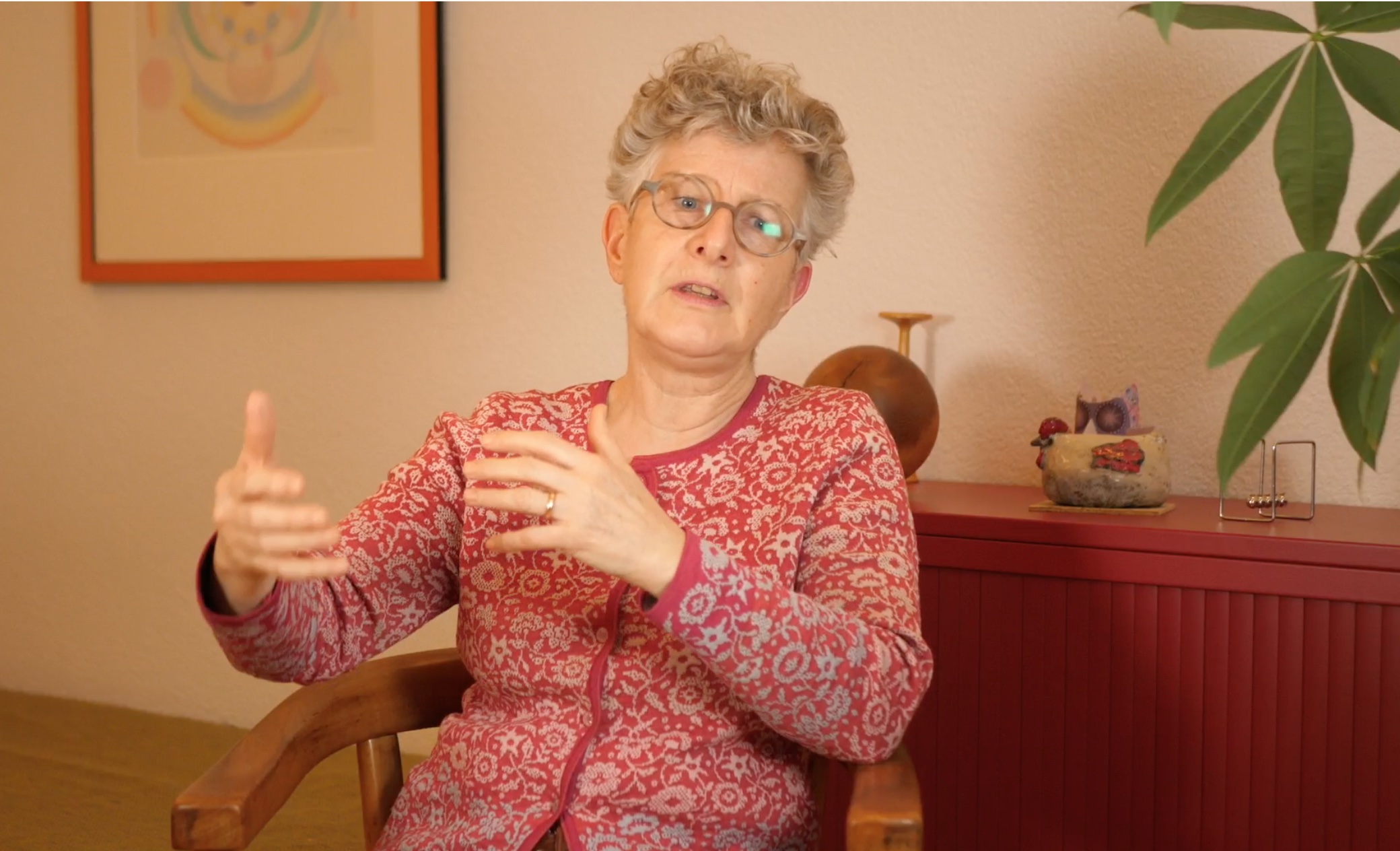
Please introduce yourself briefly, tell us about your career and your current job.
My name is Agathe Löliger Ursenbacher and I am the principal of the Ateminstitut Schweiz in Bern. I founded the school together with a colleague, but have been running it alone since 2009. I have been training respiratory therapists according to Middendorf for a good 10 years now with our respiratory therapy training course.
Who is the target group for this respiratory therapy training?
The breathing therapy training course is aimed at people who are interested in using breathing as a tool for complementary therapy. There are two ways of using breathing therapy: Breathing and movement exercises or breathing treatments on the couch. In addition, participants in a breathing therapy training course need to be willing to develop and unfold their self-esteem in their own process. This in order to be able to accompany other people carefully and attentively.
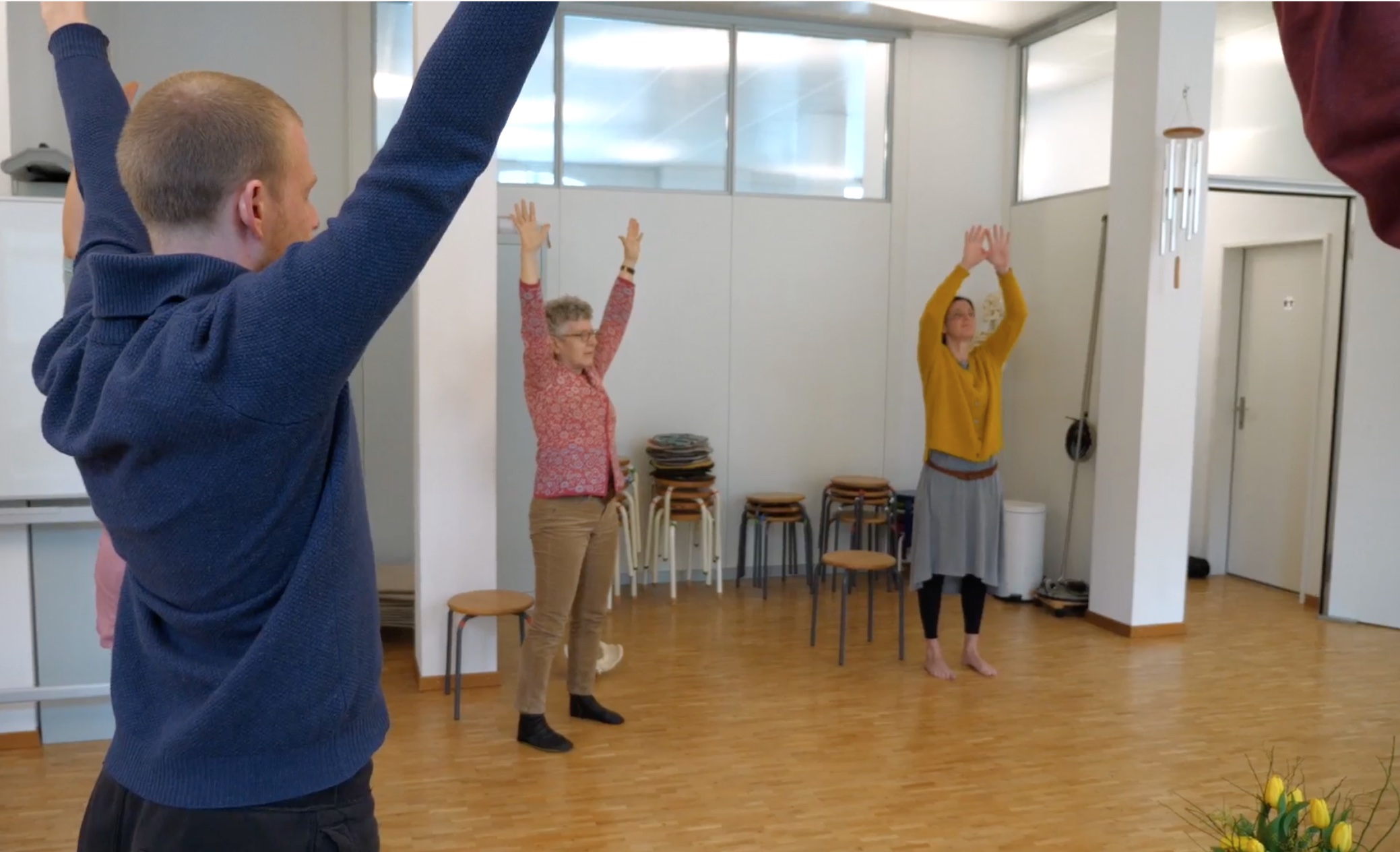
Are the respiratory therapist courses open to everyone or are there specific requirements?
There are various basic courses that are open to everyone to get to grips with the subject of breathing therapy. There you can learn about breathing and the movement of breathing as well as the movement of yourself. This then provides the basis for completing the diploma course later on.
What exactly does the diploma course in respiratory therapy look like?
The diploma course lasts 3 years. It teaches the methodological skills of respiratory therapy, theoretical knowledge and Tronc Commun content through specialized instruction. Tronc Commun Complementary Therapy teaches the basic skills required for professional complementary therapy work in medicine, psychology and interviewing as well as professional, ethical, legal and economic knowledge. All of this learning content enables graduation as a complementary therapist with a federal diploma in respiratory therapy. At the Swiss Respiratory Institute, you complete your respiratory therapy training with the OdA KT (Organization of the Working World for Complementary Therapy) industry certificate. This certificate is a prerequisite for admission to the Advanced Federal Professional Examination (AFPE).
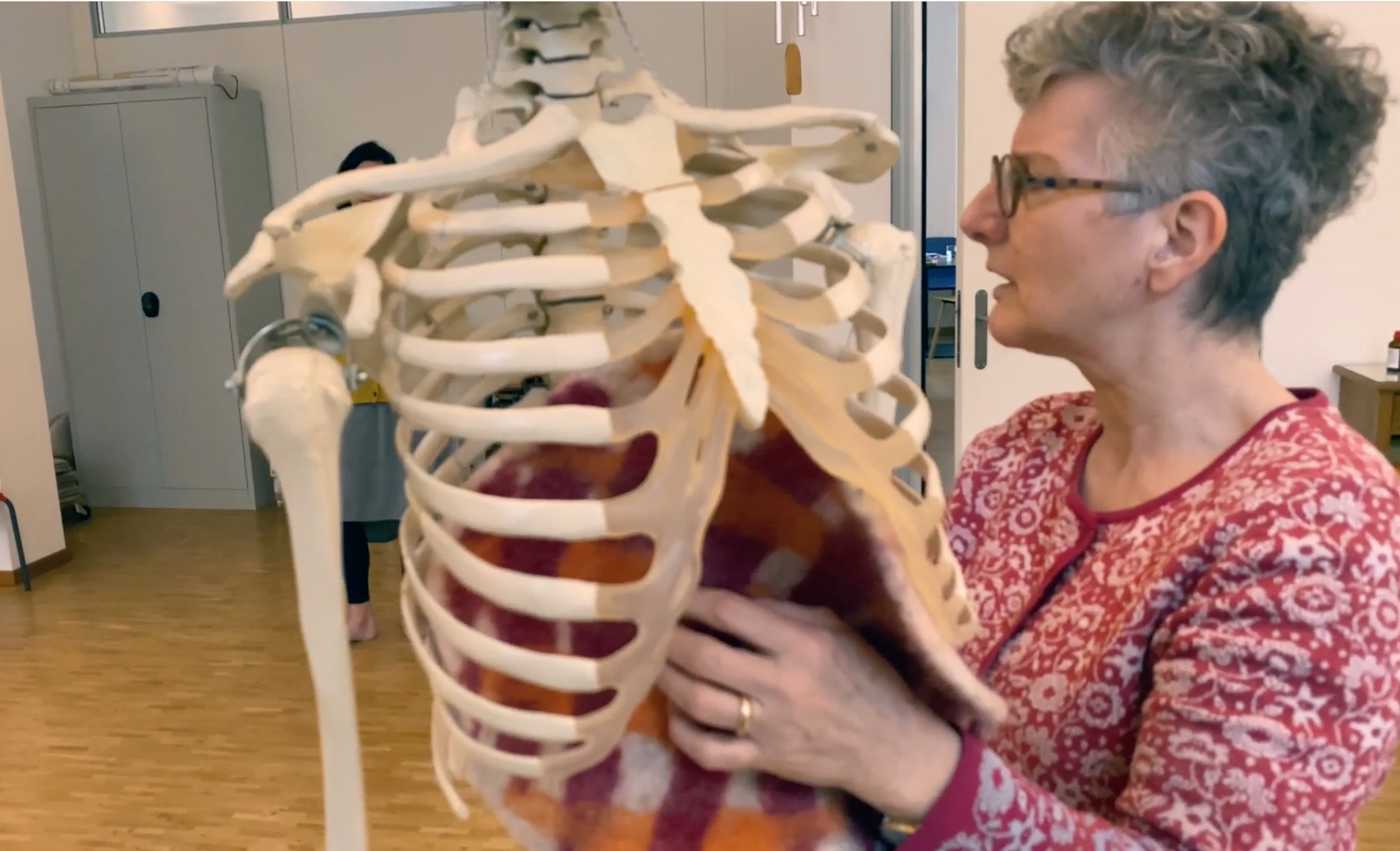
Is the OdA KT sector certificate necessary for health insurance recognition?
This is a challenging question. Supplementary health insurers are certainly interested in respiratory therapists completing their training with an OdA KT industry certificate and a federal diploma. This is because the content of the respiratory therapy training is recognized as competence-oriented in terms of method, theory and practice. These requirements are important for supplementary health insurance companies to recognize methods and therapists.
What are the benefits of an AFPE degree for respiratory therapists?
There are supplementary insurers who only recognize respiratory therapists who have an OdA KT industry certificate or the Advanced Federal Diploma of Higher Education (AFPE). The background to this is as follows: complementary therapy training should ensure the same level of theory and method hours across all methods so that the trained therapists have a good foundation for expert therapeutic work in their method.
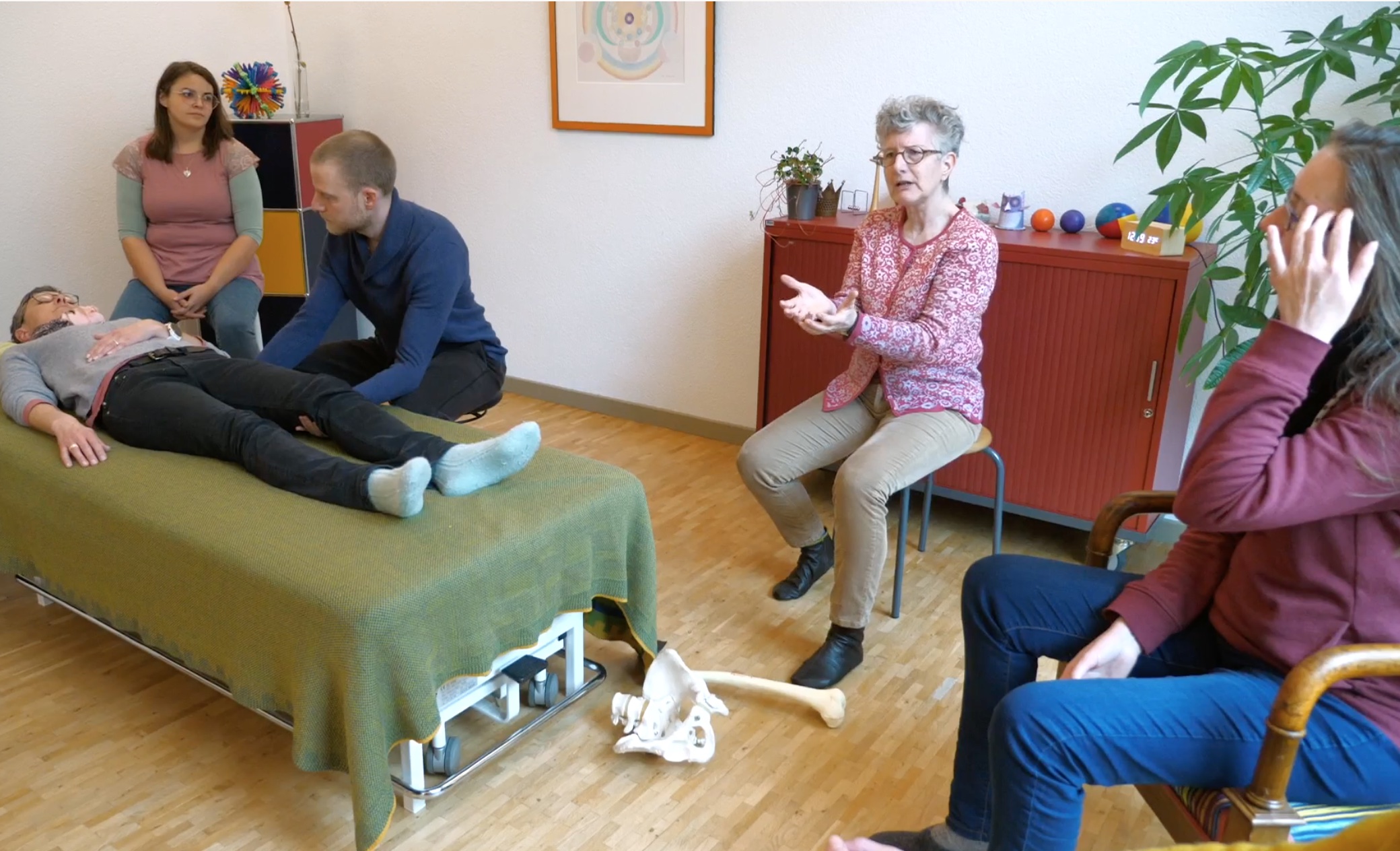
What does the respiratory therapy training with OdA KT industry certificate look like at the Ateminstitut?
SERI prescribes three years of training for the Respiratory Therapist qualification with an OdA KT industry certificate. In our view, it makes sense to attend school regularly to learn breath therapy according to Middendorf. This is so that you can deepen your self-awareness and your own process. This enables you to apply breathing therapy professionally with clients in your own practice.
How is the respiratory therapy training completed?
The respiratory therapy course concludes with a final examination that complies with the guidelines of the OdA KT. This includes a general final examination with an initial treatment of an unknown interested client who is introduced to respiratory therapy by the respiratory therapist. This is an hour-long practical examination. This is followed by oral questions relating to the working methods and the competence-oriented final thesis submitted in advance. In the thesis, the breathing therapy method is explained in detail and how the core competencies of complementary therapy are applied in this method.
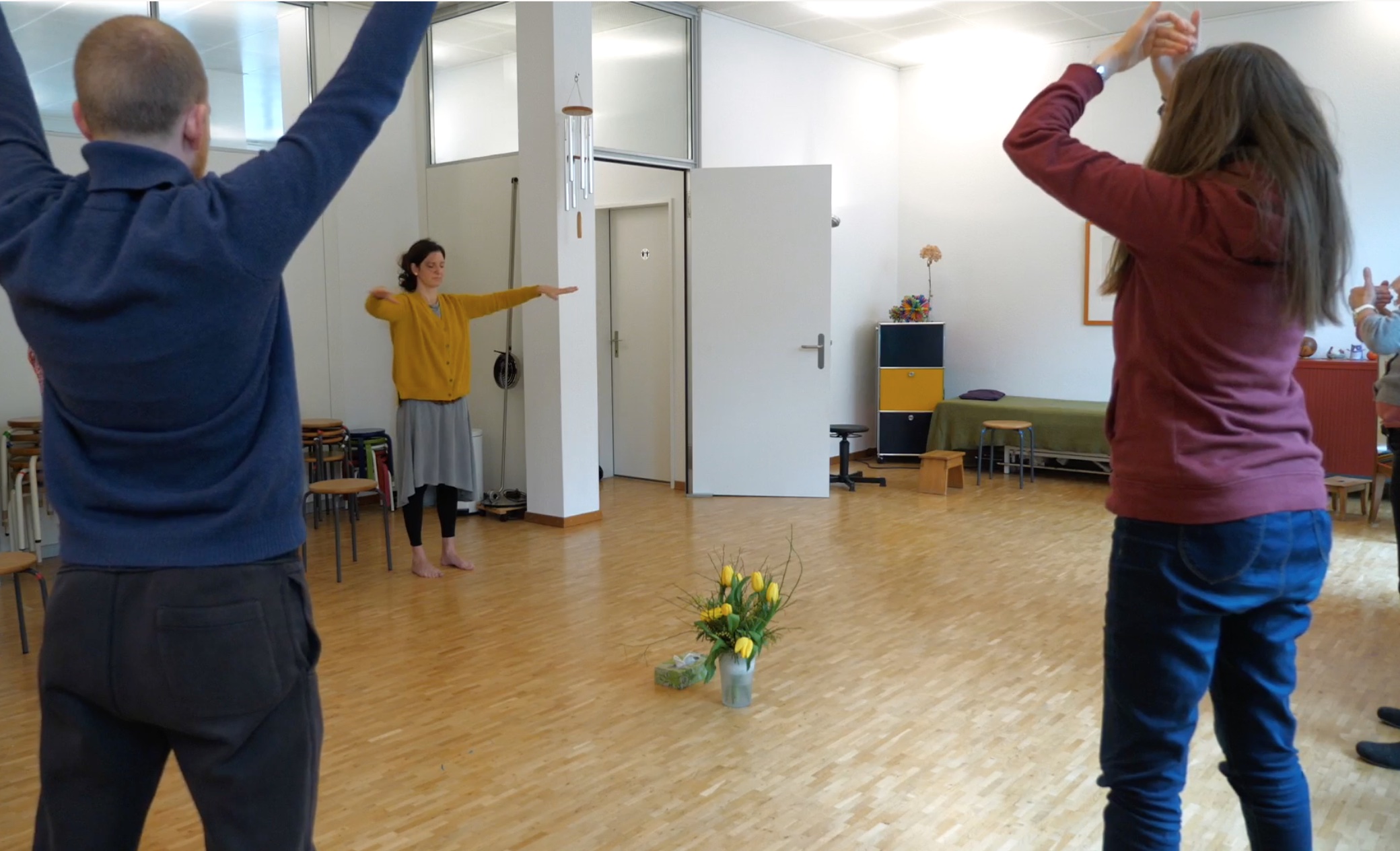
So what exactly is the difference between a simple breathing therapy course and comprehensive training?
A course in breathing therapy in a group allows you to experience a specific topic for yourself. Self-awareness is trained through breathing and physical exercises. It is about personal experience. The breathing therapy diploma course teaches you how to apply this personal experience in a therapeutic setting with clients.
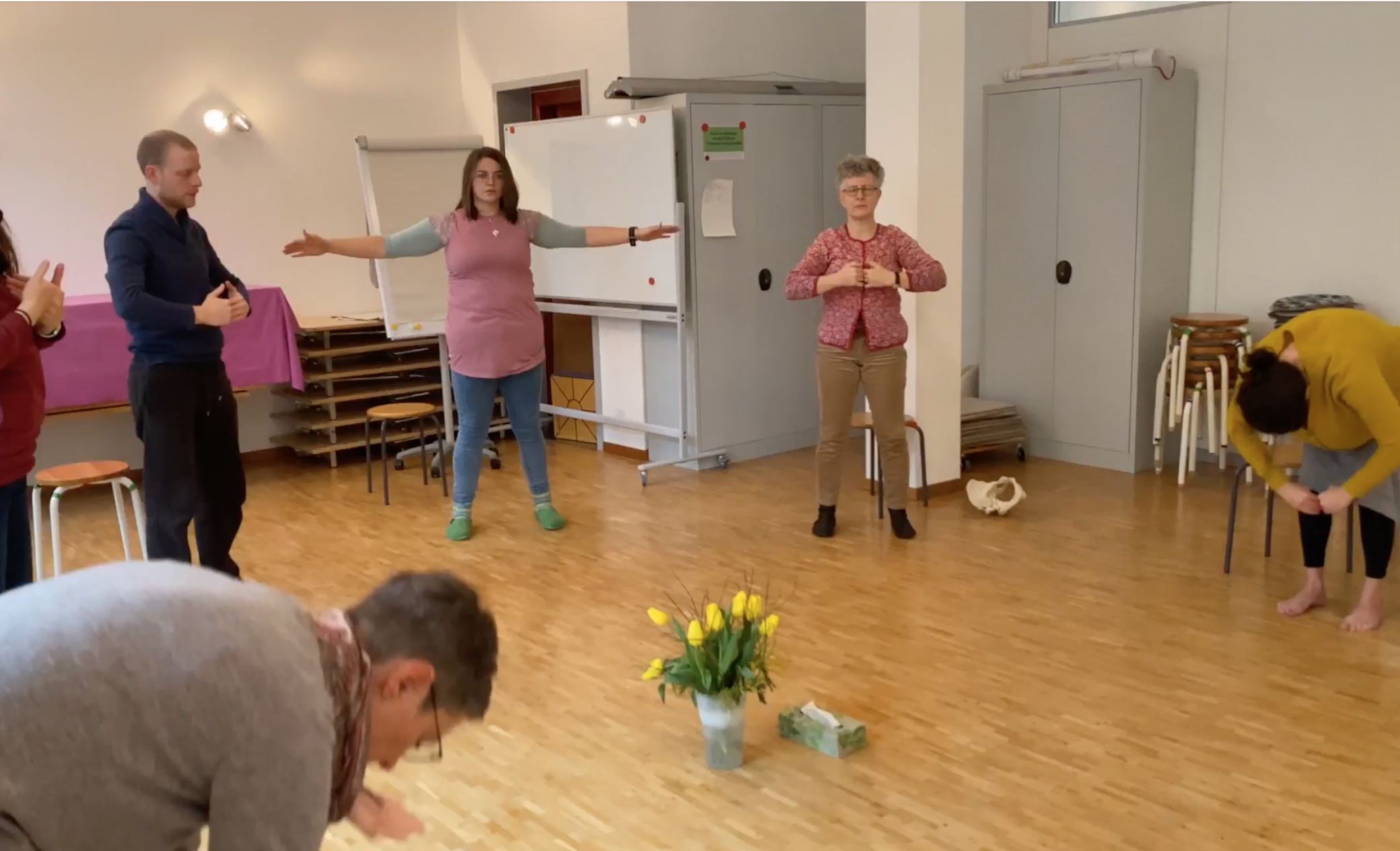
What are the advantages for those interested in training at the Ateminstitut Schweiz?
The special thing about the teaching form at the Swiss Breath Institute is the constant linking of the practical method-specific parts in the breathing and body exercises or in the treatments with the theoretical subjects of the Tronc Commun, such as conversation techniques or medical basics. This makes it possible to grasp what breathing does to the physical or mental state and the ability to breathe. As a breathing therapist, this enables you to better demonstrate the effect to your clients. We are a small and personal school. There is plenty of room for personal guidance of students by the lecturers or in the group. This is also confirmed by the feedback we receive from students. In addition, breathing therapists trained at the Swiss Breath Institute have a lot to do in practice, as they can convey the quality and content of the breathing therapy method to clients. This gives clients a better understanding of the effect of breathing and how they can integrate breathing and movement exercises into their everyday lives. The small scale of the school certainly contributes to this strength of application in everyday therapy combined with the principles of complementary therapy.
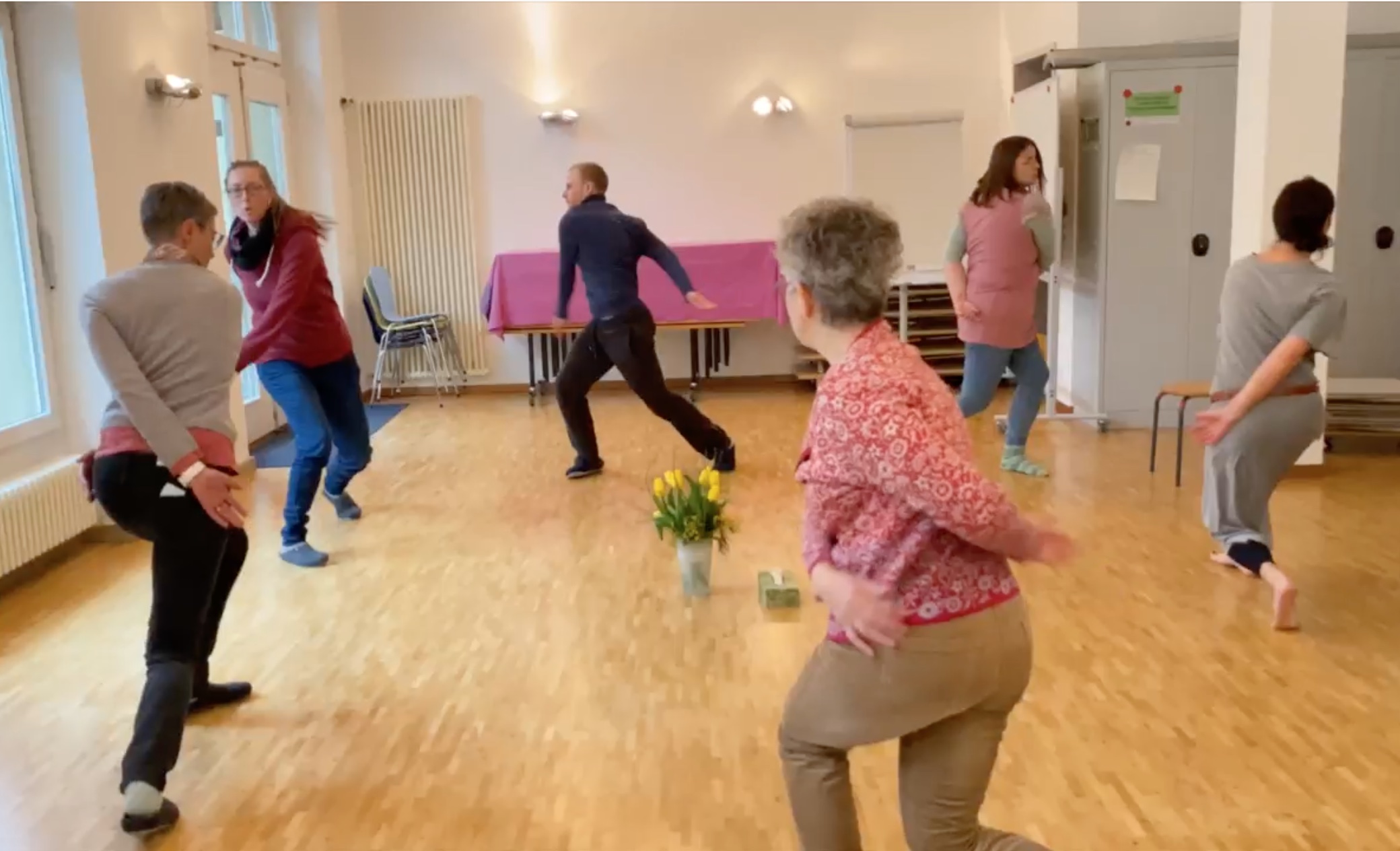
What makes Bern an interesting location for students?
For me, Bern is the heart of Switzerland - from my point of view, there is more peace and more space to breathe. But Bern is also to some extent connected with the development of the breathing therapy method. The Middendorf method originally comes from Berlin. For me, there are similarities in the effect of the city center. That's why Bern is really the best place for me to experience what breathing therapy wants to convey, such as serenity, self-awareness and more space for personal reflection. The Swiss Breath Institute is very centrally located and can therefore be easily reached by public transport from anywhere. It is also within walking distance of the train station. Our school hours are chosen to allow students a relaxed journey. Our school also offers other amenities. In our common room and break room there are coffee and seating areas for refreshments. There are also various catering options in the surrounding area. There are rooms at our institute that can be used by students to receive and treat respiratory therapy clients. This means that you can start working as a respiratory therapist without having your own practice premises.
